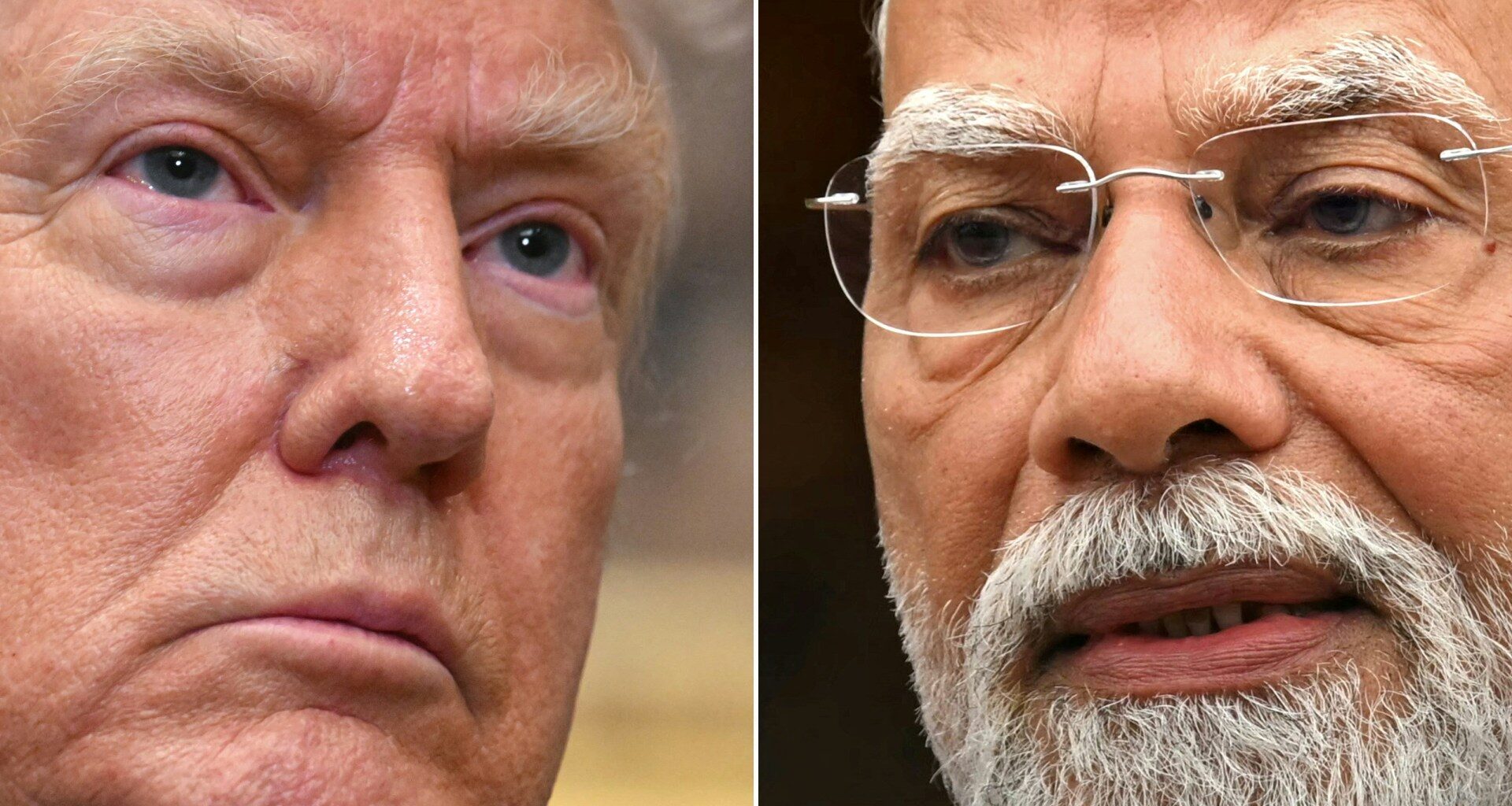India says US President Donald Trump’s administration’s move to implement a new $100,000 annual fee on H-1B worker visas in the United States is likely to have humanitarian consequences, warning of “potential disruptions for families” affected by the policy.
In a statement on Saturday, India’s Ministry of External Affairs said New Delhi hopes the disruptions can be “addressed suitably” by the authorities in the US, adding that the full implications of the policy are being studied by the government.
Recommended Stories list of 4 itemsend of list
A White House official said on Saturday that the one-time fee will only apply to new visas and not to current visa holders or renewals.
H-1B visas allow companies to sponsor foreign workers with specialised skills – such as scientists, engineers, and computer programmers – to work in the US, initially for three years, but extendable to six years.
India was the largest beneficiary of H-1B visas last year, accounting for 71 percent of approved applicants.
Our statement regarding restrictions to the US H1B visa program⬇️
🔗 https://t.co/fkOjHIxEu9 pic.twitter.com/1rM9W3GYqC
— Randhir Jaiswal (@MEAIndia) September 20, 2025
Earlier on Saturday, India’s leading trade body Nasscom said the one-day timeline for implementing the H-1B visa fee was a matter of “concern”.
Nasscom, representing India’s $283bn IT and business process outsourcing industry, said the policy’s abrupt rollout would affect Indian nationals and disrupt the continuity of ongoing onshore projects for the country’s technology services firms.
“A one-day deadline creates considerable uncertainty for businesses, professionals, and students across the world,” Nasscom said in a statement, a day after Trump announced the fee, which comes into force on Sunday.
The new H-1B measure, which will likely face legal challenges, was announced alongside the introduction of a $1m “gold card” US residency programme.
Nasscom said the new policy could have “ripple effects” on the US innovation ecosystem and global job markets, pointing out that for companies, “additional cost will require adjustments”.
Nasscom added that policy changes of this scale were best “introduced with adequate transition periods, allowing organisations and individuals to plan effectively and minimize disruption”.
.@RNamb @sangeetagupta29 @doshikavita @shivendra_1969 @nasscomgtd pic.twitter.com/bSfCjDutjs
— nasscom (@nasscom) September 20, 2025
New York-based investment bank Goldman Sachs on Saturday told its employees on H-1B visas to exercise caution on international travel, based on guidance from the immigration services firm Fragomen, according to an internal memo seen by the Reuters news agency on Saturday.
“We acknowledge that this is an uncertain time for our people on H-1B visas and your families,” said the memo by Jacqueline Arthur, Goldman’s global head of human capital management.
US officials on Friday said the change to the H-1B programme would ensure that companies would only sponsor workers with the most rarefied skill sets. However, such a prohibitive fee will likely vastly transform the H-1B system, which was created in 1990 and awards 85,000 visas per year on a lottery system.
Supporters of the H-1B programme say it brings the best and brightest to work in the US, creating an edge against foreign competitors. Critics have long charged that companies have abused the programme, using it to pay lower wages and impose fewer labour protections.
Tech entrepreneurs – including Trump’s former ally Elon Musk – have warned against targeting H-1B visas, saying that the US does not have enough homegrown talent to fill important tech sector job vacancies.
However, US Secretary of Commerce Howard Lutnick said, “All the big companies are on board.”
Geographically, California has the highest number of H-1B workers, according to the US Citizenship and Immigration Services.
Some analysts have suggested that the fee may force companies to move some high-value work overseas, hampering the US’s position in the high-stakes artificial intelligence race with China. Chinese workers in the US make up 11.7 percent of total H-1B visas, a distant second after Indian citizens, according to government data.
Following the White House’s announcement, major US tech firms Microsoft, JPMorgan and Amazon advised employees holding H-1B visas to remain in the US, according to internal emails reviewed by the Reuters news agency.
The new fee marks the Trump administration’s most high-profile attempt to overhaul the country’s temporary employment visa system. Since taking office in January, he has launched a broad crackdown on immigration, including efforts to limit certain forms of undocumented immigration.
Meanwhile, South Korea’s Ministry of Foreign Affairs on Saturday said its officials would “comprehensively assess the impact of these measures on the advancement of [South Korean] companies and professional talents into the US market and engage in necessary communication with the US”.
Hundreds of South Koreans were detained during a US immigration raid on a Hyundai-LG battery factory site in the state of Georgia this month.

